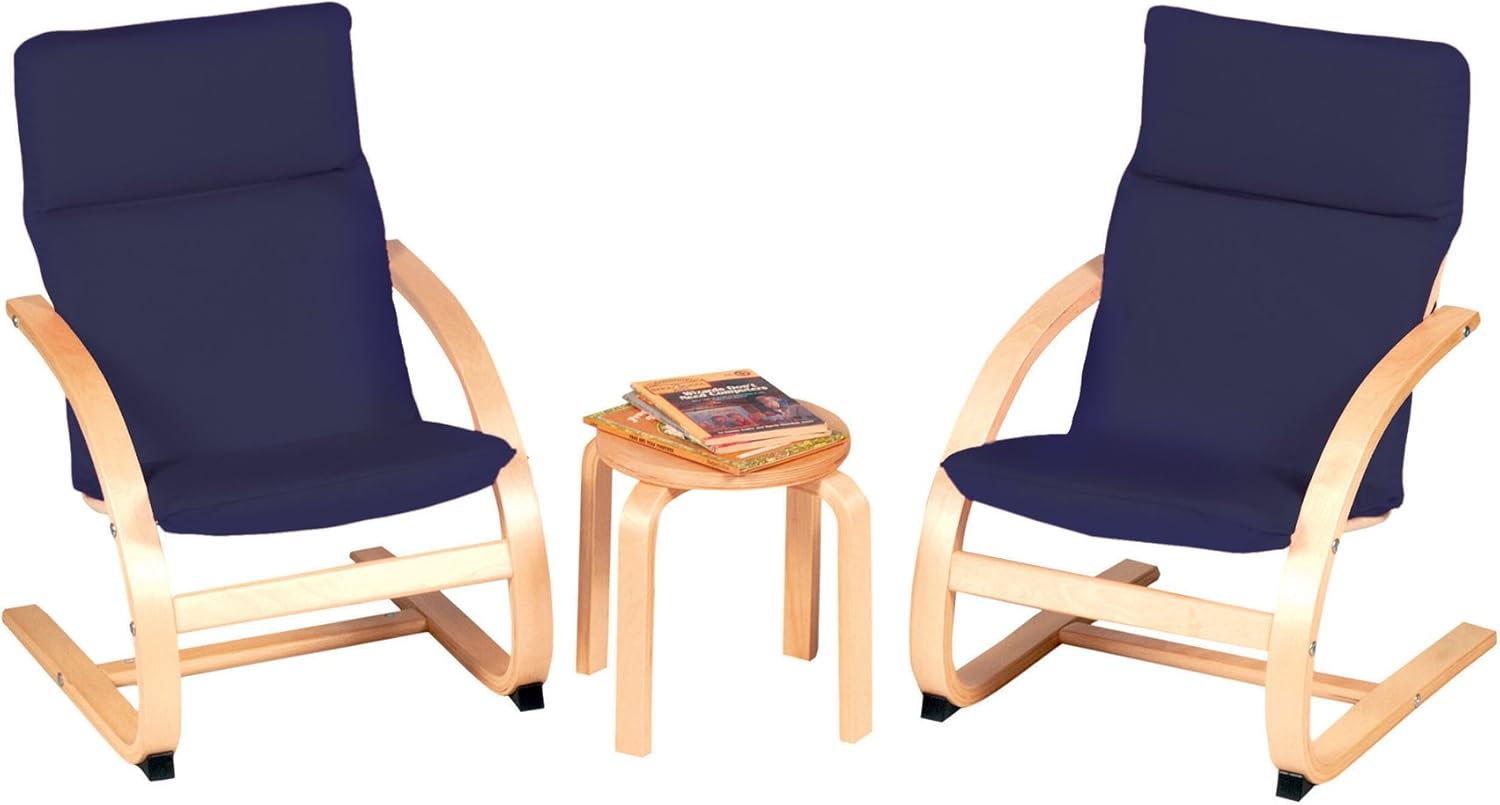Dentures are a common solution for individuals who have lost their teeth, providing not just aesthetic benefits but also restoring functionality in eating and speaking. However, one of the critical aspects of ensuring comfort and longevity of dentures is the use of soft liners. This guide will delve into the intricacies of choosing the right denture soft liner, covering types, benefits, and factors to consider.
What is a Denture Soft Liner?

A denture soft liner is a cushioning material applied to the inner surface of a denture to provide comfort and improve fit. It creates a buffer between the hard acrylic material of the denture and the soft tissues of the mouth. Soft liners are especially beneficial for individuals with sensitive gums or those who experience discomfort from traditional dentures.
Types of Denture Soft Liners

Understanding the different types of soft liners available can help in making an informed choice. Generally, denture soft liners can be categorized into two main types:
- Temporary Soft Liners: These are used for short-term relief. Temporary liners are often applied after surgery or during a healing period, as they are easy to apply and remove.
- Permanent Soft Liners: Designed for long-term use, these liners are more durable and require professional application. They are made from silicone or polyethylene materials, which absorb pressure and provide a good seal with the gums.
Benefits of Soft Liners

Soft liners can significantly enhance the denture experience. Here are some of the notable benefits:
- Improved Comfort: By cushioning the hard denture base, soft liners reduce irritation and discomfort, making them especially useful for individuals with sensitive gums.
- Better Fit: Soft liners can help fill in gaps between the denture and the gums, providing a more secure fit that reduces the likelihood of slippage.
- Shock Absorption: Soft liners absorb the force of chewing, which can be particularly beneficial for those with a history of jaw pain or discomfort.
- Enhanced Aesthetics: A well-fitted soft liner can improve the overall appearance of dentures, aiding in a more natural look.
Factors to Consider When Choosing a Soft Liner

Choosing the right soft liner involves several factors that should not be overlooked. Here are some critical considerations:
- Material: The type of material used can affect comfort, durability, and ease of cleaning. Silicone materials tend to be more flexible and durable, while acrylic liners offer a firmer feel.
- Clinical Condition: Individuals with specific dental conditions, such as gum disease or bone loss, may require different types of liners. Consulting with a dental professional is essential.
- Longevity: Consider how long you need the liner to last. Temporary liners may need replacing every few weeks, while permanent liners can last for several years.
- Maintenance: Some liners require special cleaning agents, while others can be maintained with regular denture cleaning solutions. Understanding these needs will make upkeep easier.
- Allergies: Some individuals may have sensitivities to certain materials. It’s important to discuss any known allergies with your dentist before making a choice.
Case Studies and Statistics
Research and case studies have demonstrated the effectiveness of soft liners in improving the quality of life for denture wearers. According to a study published in the “Journal of Prosthetic Dentistry,” patients with soft liners reported a 60% decrease in discomfort compared to those with conventional dentures.
Additionally, a survey conducted by the American Dental Association revealed that 70% of denture wearers experienced difficulty with traditional dentures, which could be alleviated with the use of soft liners. These statistics highlight the importance of selecting the right soft liner to enhance the denture experience.
How to Get the Right Fit

Getting the right fit for a soft liner involves collaboration between the patient and the dentist. Here’s a step-by-step process:
- Initial Consultation: Schedule an appointment with your dentist to discuss your concerns and needs.
- Assessment: Your dentist will examine your mouth, taking impressions if necessary, to determine the best type of liner for your situation.
- Selection of Material: Based on your needs and preferences, your dentist will recommend a specific material for the soft liner.
- Application: The soft liner will be applied to your dentures, ensuring that it fits comfortably and securely.
- Follow-Up: Schedule a follow-up visit to monitor the fit and comfort level of the soft liner, making any necessary adjustments.
Maintenance and Care of Soft Liners

Proper maintenance of soft liners is crucial to ensure their longevity and effectiveness. Here are some tips for maintaining your soft liner:
- Daily Cleaning: Clean your dentures and soft liners daily using a soft brush and non-abrasive denture cleanser.
- Avoid Harsh Chemicals: Stay away from bleach or other harsh chemicals that can damage the soft liner material.
- Regular Check-Ups: Visit your dentist regularly to assess the condition of the soft liner and make any necessary adjustments.
- Replace as Needed: Be prepared to replace temporary liners frequently, and monitor the condition of permanent liners to determine when they need replacing.
Choosing the right denture soft liner is essential for enhancing comfort, fit, and overall quality of life for denture wearers. By understanding the types of soft liners available, their benefits, and the factors to consider, individuals can make informed decisions that best suit their needs. Consulting with a dental professional is crucial to ensure that the selected soft liner meets personal health conditions and lifestyle requirements.
In summary, the right soft liner can make a significant difference in the denture experience, easing discomfort, improving fit, and ultimately leading to a better quality of life. Take the time to research and consult with your dentist to find the perfect solution for your denture needs.


